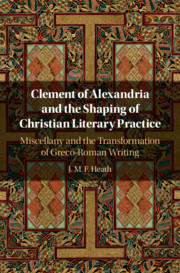In the tradition of both Cicero and Hume, this paper explores the nature of God in dialogic form. Set at the tomb of Thomas Aquinas, in a church that is now a museum, the dialogue focuses on the central question of divine hiddenness, offering a novel alternative to both the atheistic interpretation of hiddenness in terms of divine amoral aloofness and the theistic account of hiddenness in terms of human indolence. Phenomenologically speaking, God the creator, in order to be God the creator, must be hidden to creatures. Divine hiddenness is, therefore, natural and does not necessarily call into question the moral status of God or of humans.
